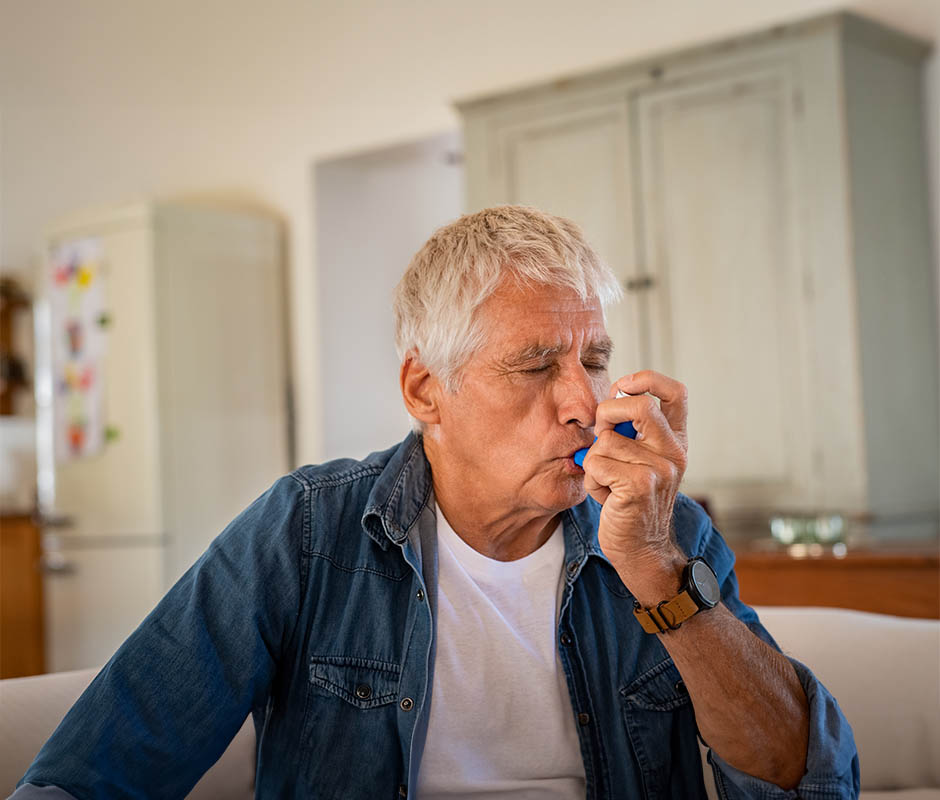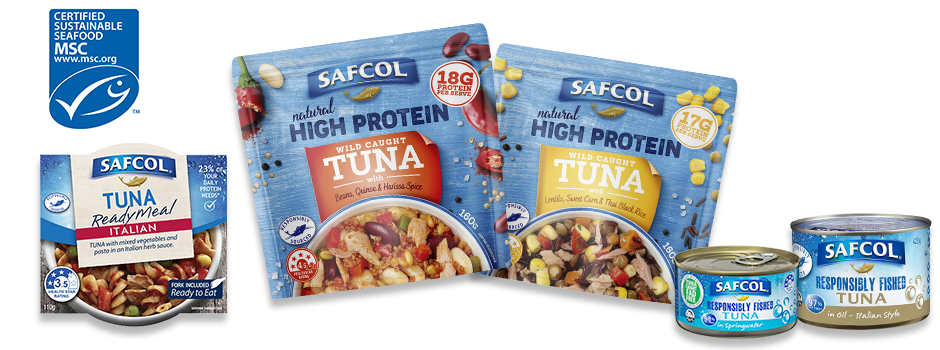
Cut Your Risk of COPD with Omega-3
by Ashleigh Feltham
Accredited Practising Dietitian and Accredited Nutritionist
Chronic obstructive pulmonary disease (COPD) affects the lungs’ ability to breathe and release adequate air through the airways. COPD sufferers feel like it’s difficult to breathe. It is a progressive disease, meaning it worsens over time.
There are two types of COPD: chronic bronchitis and emphysema. Chronic bronchitis and emphysema often occur together. Emphysema is a condition where the air sacs, or alveoli, of your lungs do not function as they should. They are no longer able to let enough oxygen enter your blood. Chronic bronchitis occurs when the tiny hairs that line the airways, called cilia, are destroyed. This causes inflammation and narrowing of the lungs, consequently makes it harder to breathe.
There is currently no cure for COPD, but you can slow its progression and your risk of developing the disease. Lifestyle changes that help include exercise, diet and to quit smoking. Smoking is the leading cause of both emphysema and chronic bronchitis.
COPD develops over many years, mostly affecting middle-aged or older adults, typically 45 years and over. The 2017-2018 ABS National Healthy Survey (NHS) found that 4.8% of people in this age bracket had COPD, which amounts to an estimated 464,000 Australians. The number of men and women with COPD did not differ significantly, except in the 55-64 years old range where 6.2% were women, almost double the number of men at 3.6%.
There are a number of nutrients that support the health and function of your lungs. One of these is omega-3 polyunsaturated fat. This is an essential fat that you need to get from your diet. Recently published research provides new insights into the potential role of omega-3 fats in lowering your risk of developing chronic obstructive pulmonary disease.
There were 484,414 participants in the study with an average age of 56.5 years.
Each participant completed a questionnaire if they included a fish oil supplement in their daily routine between 2006 and 2010. These participants were then assessed nine years later to determine if they had developed COPD.
Of the 484,414 participants, 152,230 habitually took fish oil supplements. The researchers recorded 8,860 of those taking fish oil developed COPD. They concluded that habitual use of fish oil supplementation was associated with a lower risk of developing COPD.
While these researchers used fish oil as the source of omega-3 polyunsaturated fats, a food-first approach is always best. The body better absorbs nutrients in food over supplements. Consuming seafood rather than taking a supplement gives your body and lungs additional nutrients to support good function – including vitamin A, which also helps prevent respiratory diseases.

Take home message
While there is no cure to chronic obstructive pulmonary disease there are a number of lifestyle choices you can make to help reduce your risk of developing this progressive disease. One of these lifestyle choices may be to ensure you are consuming enough omega-3 fats in your diet.
.

References:
- What Is COPD? COPD.
- Li ZH, Song WQ, Shen D, Zhang PD, Zhou JM, Zhang XR, Zhang YJ, Ren JJ, Chen YJ, Liu D, Zhong WF, Chen PL, Huang QM, Wang XM, Liang F, Qiu CS, Chen ZT, Li C, Mao C. Habitual fish oil supplementation and incident chronic obstructive pulmonary disease: Data from a prospective cohort study. Clin Nutr. 2022 Dec;41(12):2651-2658. doi: 10.1016/j.clnu.2022.10.002. Epub 2022 Oct 8. PMID: 36308984.
- Shen T, Bimali M, Faramawi M, Orloff MS. Consumption of Vitamin K and Vitamin A Are Associated With Reduced Risk of Developing Emphysema: NHANES 2007-2016. Front Nutr. 2020 Apr 21;7:47. doi: 10.3389/fnut.2020.00047. PMID: 32391372; PMCID: PMC7192023.
- Emphysema vs. chronic bronchitis: Understanding the differences. National Emphysema Foundation.
- Chronic obstructive pulmonary disease. Chronic respiratory conditions. Australian Government Australian Institute of Health and Welfare.
